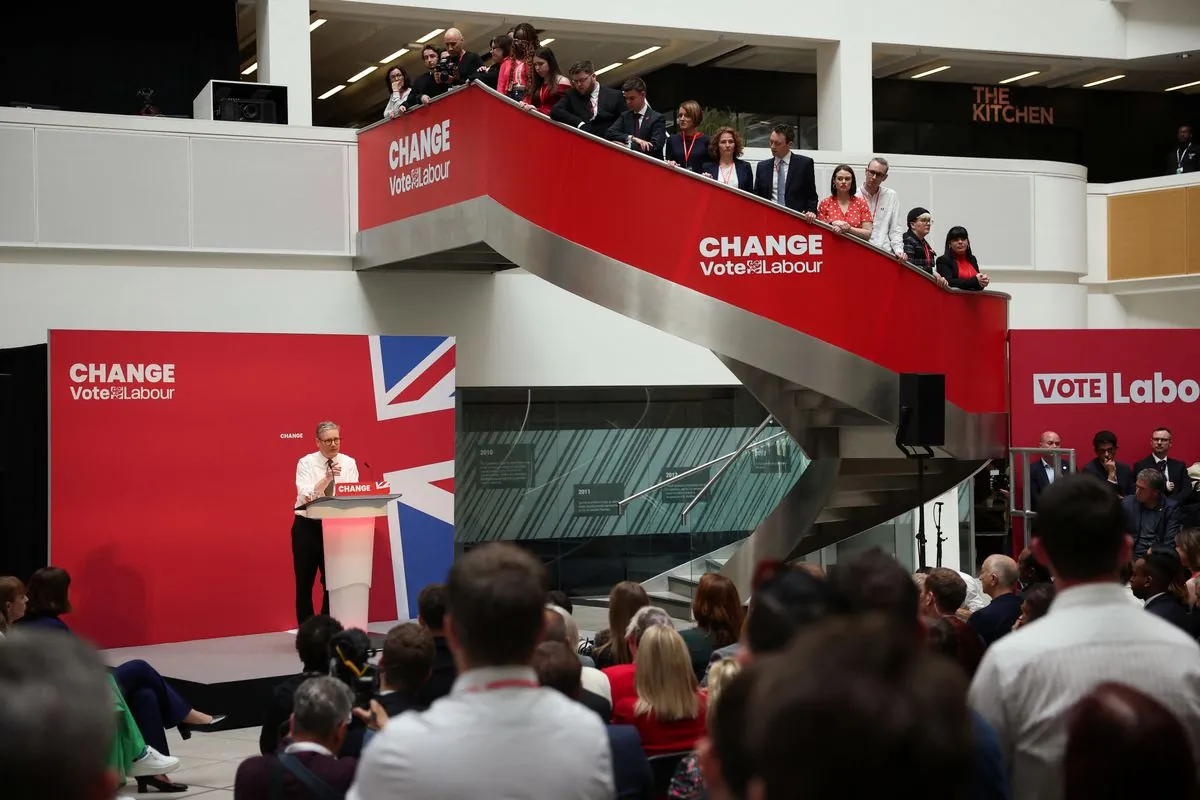Labour's Potential CGT Hike: A Pro-Growth Measure or Entrepreneurial Threat?
Analysis of Labour's possible capital gains tax increase, exploring economic implications and political strategies. Experts debate fairness and growth impacts amid concerns for entrepreneurship.

The business community's recent optimism regarding Labour's stance on Capital Gains Tax (CGT) may be misplaced, according to a former Treasury insider. Despite Labour's proclaimed focus on economic growth, there are compelling reasons to believe the party might be planning a significant increase in CGT rates.
Rachel Reeves, the Shadow Chancellor, faces a complex economic landscape. The need for substantial revenue to fund public sector initiatives is a primary driver for potential tax adjustments. Estimates suggest that aligning CGT with income tax rates could generate approximately £7 billion annually, a figure corroborated by the Resolution Foundation and former Treasury assessments.

One crucial factor supporting this potential move is the limited scope of CGT's impact. Recent HMRC data reveals that only 369,000 individuals paid CGT in the 2022-23 tax year, representing a mere 1% of income tax payers. This narrow base makes CGT an attractive target for revenue generation with minimal public backlash.
Several think tanks and policy experts have voiced support for CGT reform on fairness grounds. The Intergenerational Foundation argues that equalizing CGT with income tax would promote both intra- and inter-generational equity. Similarly, the Resolution Foundation characterizes the current CGT regime as a source of unfairness in the tax system.
To counter growth-related criticisms, Labour might draw inspiration from an unexpected source: Nigel Lawson's 1988 Budget. Lawson, a Conservative Chancellor, equalized capital gains and income tax rates, arguing that differential rates distorted investment decisions. Reeves could potentially frame a CGT increase as a pro-growth measure, aligning with Lawson's rationale that a uniform tax structure promotes more productive investment choices.
"It's inequitable that a type of income received mainly by the wealthy is taxed less than other types of income."
However, critics argue that this approach fundamentally misunderstands the entrepreneurial mindset and the importance of rewarding risk-takers who drive economic growth. The debate highlights the delicate balance between fairness, revenue generation, and maintaining a business-friendly environment.
As the potential for CGT reform looms, those who value a tax system that encourages entrepreneurship may have cause for concern. The coming months will likely see intense discussions on the role of taxation in promoting both equity and economic growth in the UK.


































